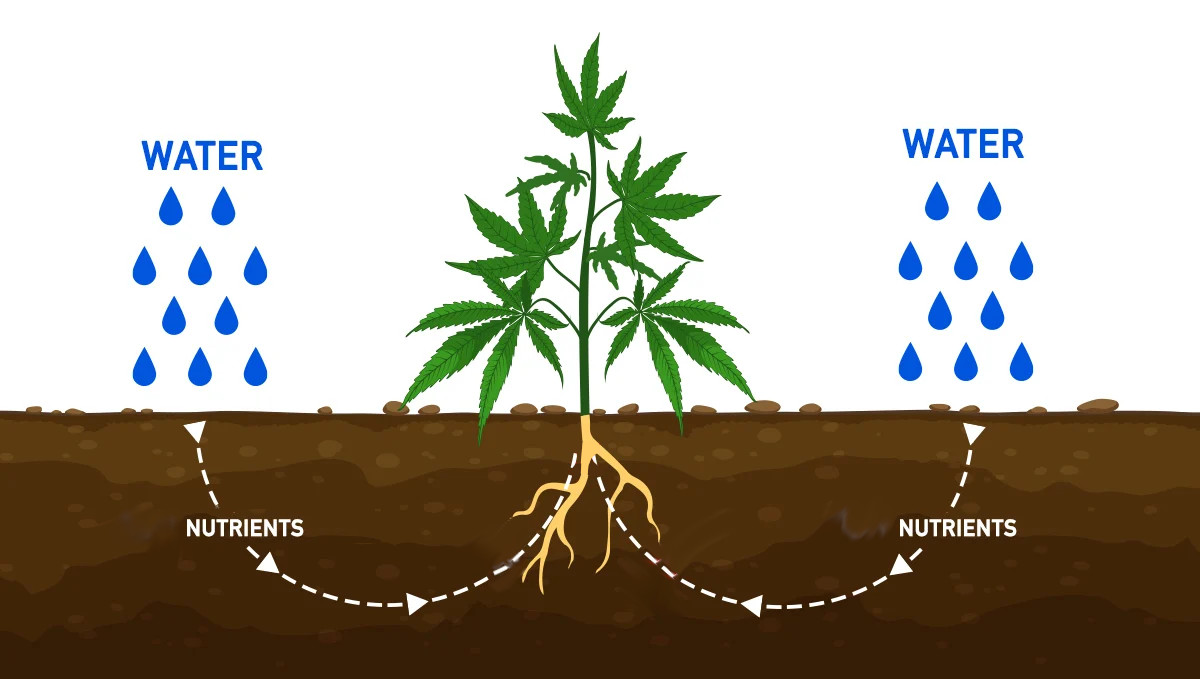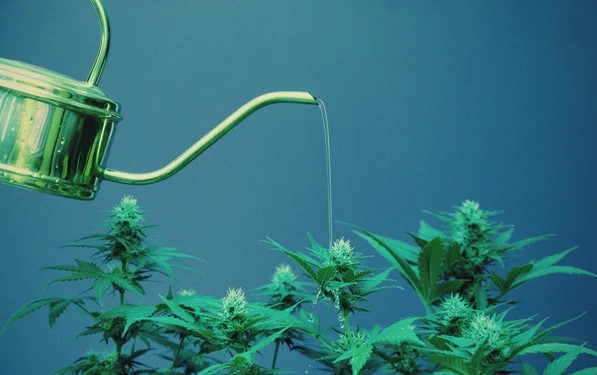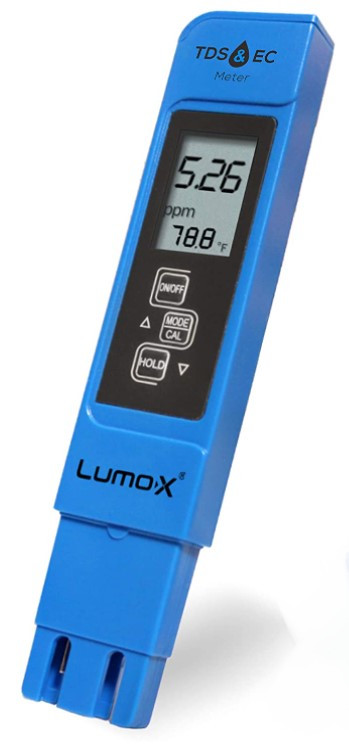Along with light and nutrients, water is vital to the life of cannabis plants. It is essential for photosynthesis, but it also regulates the temperature inside the plant. A crucial factor is also that it directs the nutrients of the soil to the roots and can be transported through the roots to all parts of the plant.
Therefore, the type of water used significantly affects the health of the plants. It must be ensured that the plants are only watered and moisturized with the most appropriate water. This is especially important if you want to get large cannabinoid-rich buds.
In general, different types of water are available to growers. This includes water from your tap, rainwater, purified and distilled water. When it comes to availability, all are accessible and cheap. But which one gives the best result when growing cannabis?
In this article, we will cover the different types of water and how they affect plants. You will also learn how to balance and correct common water problems to make it optimal for the plants.
Choosing the best water for cannabis
As previously mentioned, water quality is critical to the healthy growth of plants. This section, therefore, discusses the different types and their specific characteristics. In this way, we become aware of their properties and make informed decisions about the water to use. But first, we need to know the signs that the plant is giving us that it is suffering from bad water.
Signs of a water problem
Overall, when there is a water problem, the plants look weak and wilted. They may also show signs of various nutritional deficiencies. At worst, they will stop growing and you can say goodbye to your dream of harvesting some potent bud.
The Types of Water

There are basically two main types: soft and hard water. Interestingly, the label has nothing to do with how it looks or feels. Rather, we base our classification on the concentration of the minerals contained. The unit of measurement for this is 1 mg/litre element (pollutant or nutrient) = 1 ppm (parts per million).
Hard water
We describe water with a high content of dissolved minerals as hard. Hard water primarily contains a lot of calcium and magnesium.
To measure hardness, we examine how many milligrams of calcium salts are in one litre of water. 200-400 mg/L is the hard water range while 400-550 mg/L refers to very hard water.
In general, tap water is in the 170 to 390 mg/L range. While not dangerous to humans, using this water can be harmful to cannabis.
Calcium deposits on the roots can often block the absorption of other nutrients. If left uncorrected, it usually leads to nutrient deficiencies. So we need to soften hard water to make it more suitable for the plants.
Soft water
In contrast to hard water, soft water contains hardly any minerals. According to the water hardness scale, less than 150mg/L is very soft, while 150-200mg /L is soft.
A good example of soft water is rain, but as it hits the ground and flows into the earth, it accumulates various minerals over time. In any case, it is one of the best waters for plants. Other good examples are purified, ionized, and distilled water.
How to balance water hardness
Finding the right balance of water hardness is a challenge for many growers. For cannabis plants, the perfect water is soft and in the 100-150 ppm range.
Unfortunately, in villages and towns in the mountains, by the sea or in large cities, tap water usually exceeds this value. How do we soften hard water? The following methods will show you how.
Carbon, reverse osmosis and ion filters
While we can soften water with softeners, it is potentially harmful to plants.
In this process, sodium is the key ingredient that removes calcium and magnesium.
However, sodium salts can accumulate in the soil and bind to the roots over time.
Worse still, the high salt levels trick the plant into thinking it has taken in enough water. This can cause the plant to die of thirst.
Therefore, the use of special water systems such as reverse osmosis or ion filters is preferable.
Other reliable systems are carbon filtration and distillation.
Essentially, they clean hard water, safely removing all minerals, salts and other contaminants. In this way, we get pure water, with which the plants can fully absorb the nutrients in the soil. It also maintains root health.
calcium-magnesium
Often the above methods make the water too soft. Since 100-150ppm is the ideal range for healthy cannabis growth, we need to adjust the hardness by adding Calcium & Magnesium. Therefore, use a TDS (EC) meter to test the number of dissolved solids in the water and set the correct value.
Fixing water problems
Unfortunately, growers have to deal with various issues related to water quality. The problem often lies in the high concentration of certain minerals in tap water. Thankfully, there are easy ways to fix them.
High concentration of Sodium
As mentioned above, high sodium levels can damage cannabis plants. However, extremely dry soil with salts can be deadly. To alleviate this problem, water the plants with filtered water to dilute the high mineral concentration. For a more sustainable solution, improve soil drainage and change your irrigation water with balanced water (100-150 ppm) as described above.
High Sulphur content in the water
Water that smells like sulphur is highly acidic and can easily weaken plants. To make sure it is a sulphur problem, use a pH meter to confirm, then add some lime to the soil to make it less acidic.
Chlorinated water
In most cases, tap water contains a certain amount of chlorine. But if the concentration is too high, it can kill a lot of beneficial bacteria that help the roots absorb it. Additionally, chlorine can cause nutrient burns when the sun is too hot.
To fix this problem, use activated carbon filters or chemicals that remove chlorine. For some growers, letting the water sit overnight is usually sufficient. However, the best solution would be to invest in a reverse osmosis system to always have the best water.
The right water for healthy & happy plants
In summary, good quality water is essential to maintain healthy & happy plants that can develop heavy yields of potent buds. Luckily, even if we only have access to tap water, there are ways to adjust it to be better suited to cannabis plants. For best results, you should invest in specialized water systems and measuring devices such as pH and TDS ( Ec ) testers.
Now that we know what the best water for cannabis plants is and how to obtain it, we can be sure to water them with a clear conscience. If we are cultivating with good cannabis seeds and meet the basic needs of the plant, using balanced water will help them continue to thrive. Practice this skill consistently and enjoy a successful harvest at the end of the growing season.




If u are an indoor grower then stick with RO water, you will be glad if you do
Always use rainwater IMO. Nature always knows best.